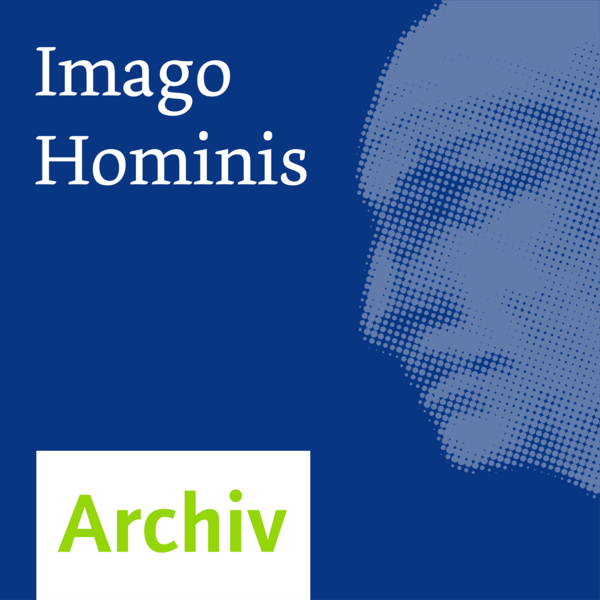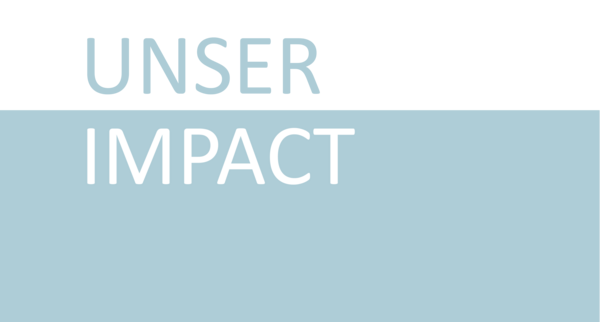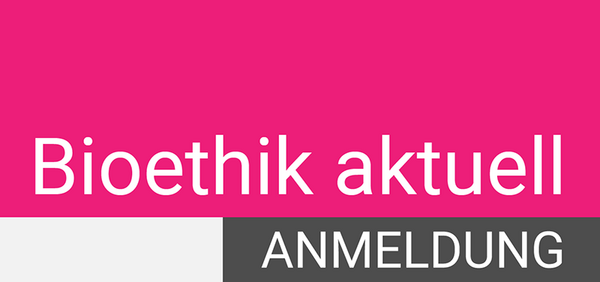Diagnose und Wahrhaftigkeit im ärztlichen Gespräch
Zusammenfassung
In der Palliativbetreuung ist das ärztliche Gespräch ein zentrales Werkzeug, um Menschen gut begleiten zu können, zu erfahren, was ihnen wichtig ist, was sie in schwerer Krankheit und am Lebensende wirklich brauchen. Es ermöglicht, dass Patienten sich auf Situationen und Verlusterfahrungen einstellen können, die mit der Krankheit einhergehen und dass sie dabei Unterstützung erfahren. Im vorliegenden Beitrag wird ausgeführt, was kranke Menschen sich vom ärztlichen Gespräch erwarten, welche Herausforderungen und Anforderungen sich für die Betreuenden dabei ergeben, wie die Praxis der Kommunikation sich entwickelt hat und worauf es im Gespräch ankommt. Die Bedeutung und unterschiedliche Aspekte von Hoffnung im Kontext des Lebensendes kommen zur Sprache, ebenso wie die Tugend der Wahrhaftigkeit, die heilsame Gespräche ermöglicht.
Schlüsselwörter: Arzt-Patient-Gespräch, Lebensende, Hoffnung, Kommunikation lernen
Abstract
In palliative care, the medical consultation is a central tool to be able to accompany people well, to find out what is important to them, what they really need in serious illness, and at the end of life. It enables patients to adjust to situations and experiences of loss that accompany an illness, and to receive support in doing so. This article explores the expectations patients have from medical consultations, the challenges and demands that arising for health care professionals, and how medical communications have developed and what is important in such conversations. The meaning – and different aspects – of hope in the context of the end of life are addressed, as well as the virtue of truthfulness, which enables healing conversations.
Keywords: doctor-patient communications, end-of-life issues, hope, communication strategies
MR Dr. Elisabeth Medicus
Rumerweg 1a, A-6065 Thaur
elisabeth.medicus(at)i-med.ac.at







